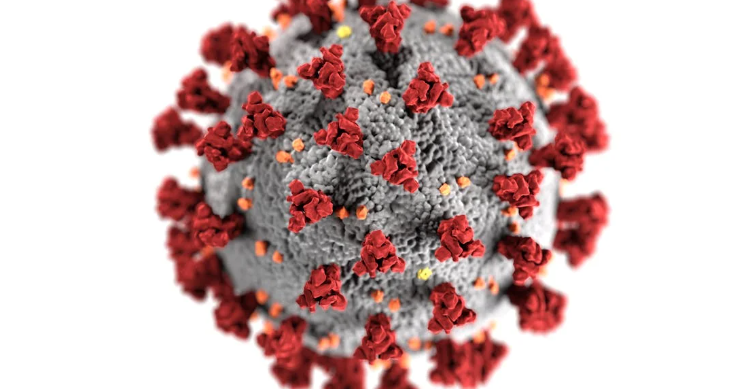
HMPV is not a new virus; it has existed for years among humans, but the concern is the Variant or Mutant of the virus, which was the cause of the pandemic. The reports suggested that the 2 cases reported in Bangalore had no international contact, which means there are rare chances of it being a Chinese variant, and therefore: “No one should panic.” So remember, Panic has caused more damage than the virus, even during Covid. In this blog, we will discuss HMPV symptoms and treatments in detail.
What is HMPV?
Human Metapneumovirus (HMPV) often causes flu-like symptoms, but in some cases can cause severe illness. The risk of serious illness is higher during the first exposure, which is why young children are more vulnerable. After the initial infection, the body develops some immunity, reducing the severity of future episodes to mild flu-like symptoms. However, older adults, especially those over the age of 65, individuals with respiratory or autoimmune diseases can still experience severe symptoms.
Symptoms and Causes
The symptoms of HMPV often overlap with those of the common cold.
Symptoms include:
- Cough.
- Fever.
- Runny or stuffy nose.
- Sore throat.
- Wheezing.
- Difficulty breathing (shortness of breath).
- Rash.
What causes HMPV?

HMPV is caused by a virus belonging to the same family as RSV, measles, and mumps. It infects the body by using your cells to reproduce.
How does HMPV spread?
HMPV spreads through direct contact with infected individuals or by touching contaminated surfaces. Standard methods of transmission include:
- Coughing and sneezing.
- Physical contact, such as shaking hands, hugging, or kissing.
- Touching objects like toys, door handles, or phones contaminated with the virus.
Who is at risk?
While anyone can contract HMPV, the risk of severe symptoms is higher for:
- Children under 5, particularly premature infants.
- Adults over 65.
- People with compromised immune systems due to conditions like HIV, cancer, or autoimmune diseases, or those on immunosuppressive medications.
- Individuals with respiratory issues like asthma or COPD.
Diagnosis and Tests
HMPV is generally diagnosed based on symptoms and medical history. In some cases, healthcare providers may use a nasal or throat swab to collect samples for testing. These tests can confirm the presence of HMPV or rule out other infections. Additional diagnostic procedures, like chest X-rays or bronchoscopy, may be used to assess the condition of the lungs.
Management and Treatment

Currently, there are no antiviral medications specifically for treating HMPV. Most people recover at home by managing symptoms. For severe cases, hospitalization may be necessary, where treatments could include:
- Oxygen therapy: Providing supplemental oxygen to ease breathing.
- IV fluids: Administering fluids directly into the veins to prevent dehydration.
- Corticosteroids: Reducing inflammation to alleviate symptoms.
Are antibiotics needed?
No, antibiotics are not effective against HMPV since it is caused by a virus. However, if a secondary bacterial infection occurs, such as pneumonia, a healthcare provider may prescribe antibiotics to address the bacterial issue.
Prevention
Preventing HMPV involves adopting habits that reduce exposure to viruses:
- Wash your hands regularly with soap and water, or use hand sanitizer when soap isn’t available.
- Cover your mouth and nose with your elbow when coughing or sneezing.
- Avoid close contact with individuals who are sick.
- Wear a mask when you’re ill and unable to avoid others.
- Refrain from touching your face, particularly your eyes, nose, and mouth.
- Don’t share utensils, cups, or food with others.
Read More: Different Types of Health Insurance in 2025
Key Takeaways
HMPV is a widespread virus that primarily causes mild symptoms resembling a cold. By the age of 5, most people have already had it. While recovery is typically quick, certain groups, such as young children, older adults, and those with weakened immune systems, may face complications. Consult a healthcare provider if you have concerns about HMPV or experience severe symptoms like difficulty breathing. Early medical attention can help manage the condition effectively.
[latestnews]
HMPV already has a place in India; as we mentioned before, it is not new. It is just the variants; two new reports have occurred in Nagpur.
[/latestnews]
Faqs





